Susan Gaidos
Contributing Correspondent
Susan Gaidos has been writing about discoveries in areas ranging from biology and neuroscience to physics and technology for more than three decades. Her features, profiles and news stories have appeared in New Scientist, theDallas Morning News, The Scientist, Howard Hughes Medical Institute Bulletin, and Science Careers. She also writes articles on science-related topics for children and is a contributor to Science World and Science News for Kids. She has degrees in journalism and biology from Southern Illinois University at Carbondale, and undertook post-graduate studies in biology at Purdue University while working as a university public information officer. She has received gold and silver awards in medicine and science writing from the Council for Advancement and Support of Education, and received the National Institutes of Health's Plain Language Award in 2009 for contributions to the NIGMS publication Computing Life.
Follow her on Twitter: @Gaidoss

Trustworthy journalism comes at a price.
Scientists and journalists share a core belief in questioning, observing and verifying to reach the truth. Science News reports on crucial research and discovery across science disciplines. We need your financial support to make it happen – every contribution makes a difference.
All Stories by Susan Gaidos
-
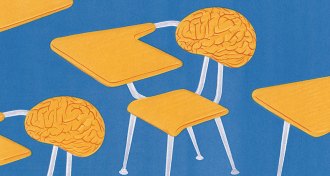 Psychology
PsychologyTeaching methods go from lab to classroom
Cognitive researchers are finding ways to help young students to hold on to all the knowledge and skills they need to succeed in school.
-
 Chemistry
ChemistryBetter batteries charge forward
Next-generation batteries must hold more energy for longer periods at low cost. Several contenders may achieve some of these elusive goals.
-
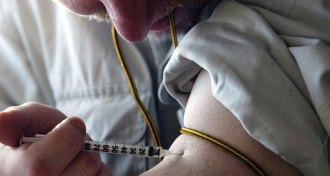 Health & Medicine
Health & MedicineVaccines could counter addictive opioids
Scientists turn to vaccines to curb the growing opioid epidemic.
-
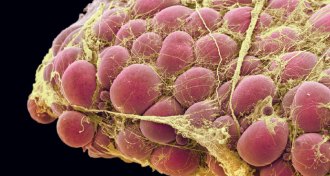 Health & Medicine
Health & MedicineCells from fat mend bone, cartilage, muscle and even the heart
Stem cells and other components of fat can be coerced to grow into bone, cartilage, muscle or to repair the heart.
-
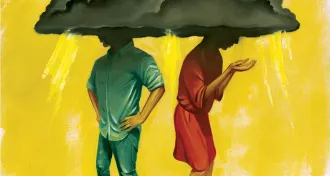 Neuroscience
NeuroscienceHis stress is not like her stress
When the pressure doesn’t let up, men and women react differently. The root of the difference may be messaging within the brain.
-
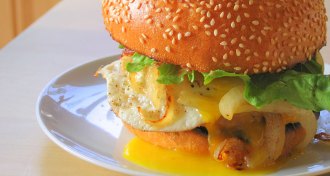 Neuroscience
NeuroscienceHigh-fat diet’s negative effect on memory may fade
Brain may find way to compensate for memory impairments linked to high-fat diets, study in rats shows.
-
 Neuroscience
NeuroscienceMultitaskers do worse on tasks that require focus
Multitasking is more likely to impair teens’ focusing ability than improve it, study testing attention skills finds.
-
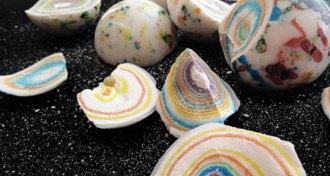 Chemistry
ChemistryNanoparticles in foods raise safety questions
As scientists cook up ways to improve palatability and even make foods healthier, some are considering the potential health risks of tiny additives.
-
 Neuroscience
NeuroscienceYasser Roudi: Creating maps in the brain
Physicist Yasser Roudi does the math on how the brain and other complex systems process information.
-
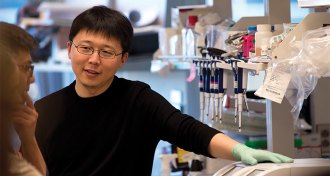 Genetics
GeneticsFeng Zhang: Editing DNA
Scientist Feng Zhang has developed a system to easily and precisely edit genomes.
-
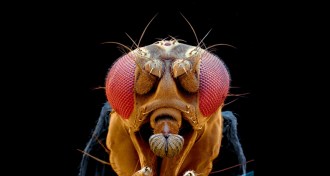 Neuroscience
NeuroscienceMapping aggression circuits in the brain
Using optogenetics and other techniques, scientists are tracing connections to and from the brain’s aggression command center.
-
 Microbes
MicrobesMicrobes can redeem themselves to fight disease
With some genetic engineering, bacteria can morph from bad to good and help attack invading cancer cells.